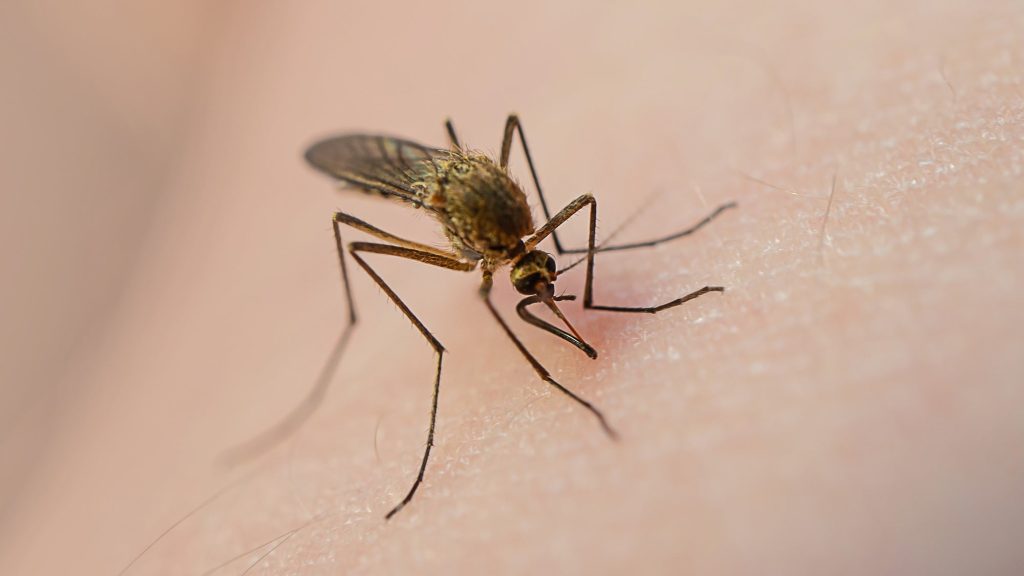As the Earth's temperature goes up, so does the range of tropical issues. One major example is the growing presence of diseases carried by living organisms such as mosquitoes, ticks, fleas, and lice in temperate areas, whereas they used to be limited to regions near the equator.
The sudden increase in mosquitoes in areas where they were not a big problem before means that there is the possibility of mosquito-borne diseases becoming a problem in places that are not prepared for them. Scotland is the most recent nation to experience this firsthand. Scotland's main nuisance insect has been the midge, but a new research project is looking at how common mosquitoes are in the country, and it turns out they are basically everywhere. research project is examining how widespread mosquitoes are across the country—and it’s found that they’re basically everywhere.
Could a new plan to stop mosquitoes become popular? ]
According to the BBC, researchers from the University of Glasgow set up traps at 24 locations across Scotland and found mosquitoes at every one. In total, they found 16 different species of mosquito, which is only a small portion of the 4,000 species worldwide, but enough to surprise the researchers: “[Researchers] were surprised to find the insects in all corners of the country.”
The University of Glasgow website describes the project as “the first of its kind … in Scotland.” This is significant because while Scotland has had mosquitoes for a long time— the research program’s account on X points out, “This is not the first discovery of mosquitoes in Scotland… they have been here for millenia”—they have not been a big enough issue to be studied. Consequently, “Very little has been known about how widespread mosquitoes are in Scotland,” according to the BBC.
The lack of such data in countries like Scotland makes it hard to know how to control mosquito populations and reduce the risk of mosquito-borne diseases. Monitoring systems like the one used in the study are the first step toward preparedness. They provide a basis for assessing how the situation is changing and help to identify potential risks. As the program’s X account says, “Our research will assess whether [mosquitoes] could pose a disease risk in the future.”
Millions of years ago, male mosquitoes may have been blood suckers too ]
The UK is clearly taking the threat of vector-borne diseases seriously. The monitoring project is part of a wider program to examine the potential impact of vector-borne diseases on the UK under different climate change scenarios. These impacts are not limited to humans either. The Mosquito Scotland website, by the same researchers running the monitoring program, also points out another often neglected danger: “Mosquitoes are already able to transmit diseases to wildlife in Scotland, making them a threat to conservation efforts.”
In addition to formal monitoring systems, the research team is encouraging the Scottish public to report mosquito sightings to the Mosquito Scotland website. So, if you are Scottish or visiting the country this summer and you hear the irritating buzz of a mosquito flying past your ear in the middle of the night, you know what to do.









